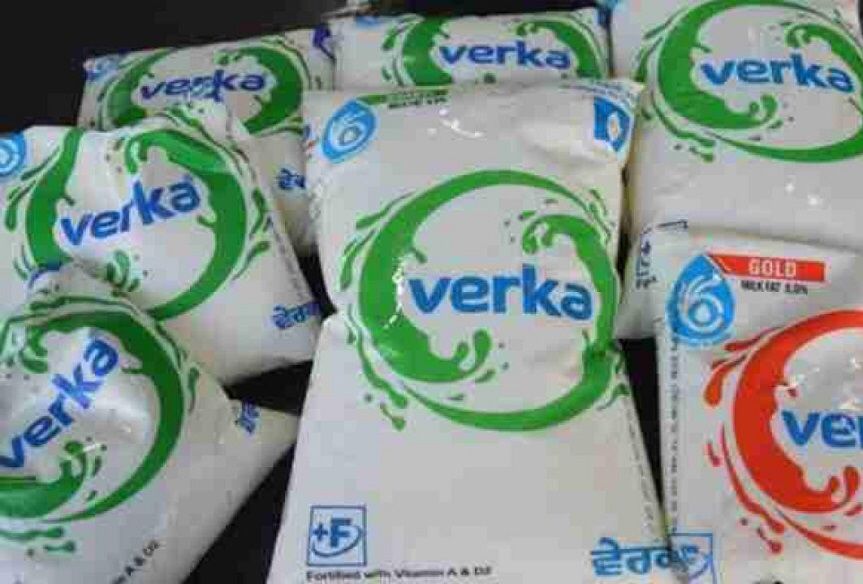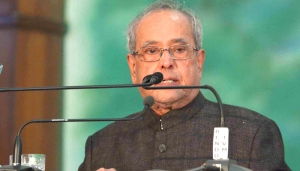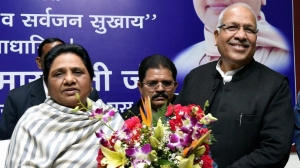Punjab to reduce prices of Verka milk and dairy products from September 22 as part of GST reforms

Chandigarh, Sep 20, 2025 Consumers in Punjab are set to gain relief as the state government has announced a cut in the prices of Verka milk and various dairy products effective from September 22, 2025. This step has been taken in the wake of the central government’s GST reforms which reduced tax burdens on essential dairy commodities. The announcement was made by Chief Minister Bhagwant Mann, who emphasized that these reductions will make everyday staples more affordable, especially for low- and middle-income households. Under the new pricing, various categories of Verka dairy products will see noticeable declines. Ghee, which is a staple in many Punjabi kitchens, will be cheaper by about ₹30-35 per litre or kilogram. Table butter and unsalted butter will both see cuts of approximately ₹30 per kg, while processed cheese will drop by ₹35 per kg. UHT (Ultra High Temperature) milk, whether standard, toned, or double-toned, will cost ₹2 less per litre. Other products are getting price relief too: paneer will become cheaper by around ₹15 per kg, and ice creams (in gallons, bricks, and tubs) will see reductions of about ₹10 per litre. Officials say this is not only about affordability but also aimed at boosting demand and supporting cooperative dairy networks. Verka is one of the oldest and widely used dairy brands in Punjab, and reducing its cost is seen as a move to ensure that both urban and rural consumers benefit. It is also expected to lead to increased consumption of dairy items, which could help producers and milk cooperatives by expanding market volume. The timing of these cuts aligns with the implementation of GST 2.0 reforms, which have lowered tax rates on certain essential dairy items. Punjab’s government has decided to pass on the tax savings directly to customers, rather than retaining them at the production or wholesale level. The decision was approved after consultation with Verka management and dairy cooperative boards, which under the cooperative model in Punjab have close ties with the government. There are additional aims behind the price reduction: alleviating inflationary pressures in everyday essential goods, and providing economic relief to households coping with rising costs in other sectors. With food and fuel price inflation being concerns nationwide, dairy products represent a category where small price changes can make a visible difference to household budgets. Some dairy industry analysts expect that while profit margins might compress at the producer or processor level in the short term, the increase in demand and higher turnover may offset these losses. Verka and cooperatives may also benefit from economies of scale and more efficient distribution when volume increases. Criticism has come from some quarters suggesting that frequent price changes may hurt smaller shops or milk vendors who have thin margins, or create disruptions in supply chain logistics. But government sources believe the adjustments are manageable, and adequate planning has ensured that stocks and distribution are in readiness for the new rates. Overall, Punjab’s announcement of lower prices for Verka dairy products is being welcomed as a tangible benefit for consumers, particularly those in rural areas or low-income urban localities. Starting September 22, households can expect groceries involving dairy items to become slightly easier on their wallets, marking a small but meaningful relief amid broader economic pressures.




